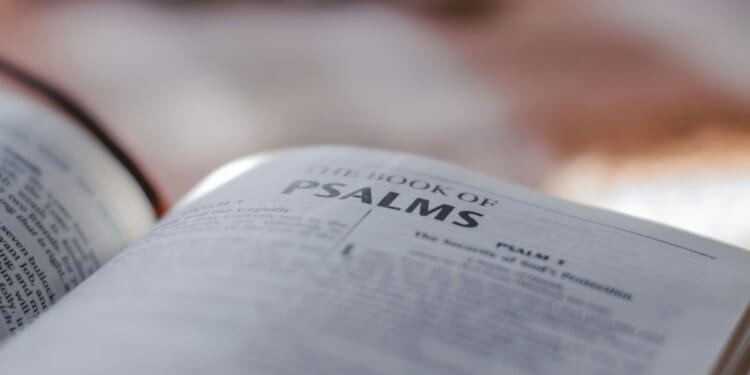Did you know that public school students can be released from school during school hours to receive Bible education?
Released time programs — where students are excused from public school classes for a short period to receive religious instruction — offer a balanced and respectful way to support families who value faith as part of their child’s upbringing. They reinforce the constitutionality of parents to determine the nature of their children’s education.
The 1952 U.S. Supreme Court decision Zorach v. Clauson determined that teaching the Bible and other religious instruction during the public school day was constitutional and legal in all 50 states under three conditions: the program must be held off site of school property, no government funds can be used for the program, and parental permission is required for the child’s participation.
Since its inception in 1914 in Gary, Ind., when a school superintendent implemented the idea, millions of K-12 students have voluntarily participated in a released time program for religious education. No government agency tracks these programs centrally, so precise annual participation is difficult to determine, but estimates suggest hundreds of thousands of students across the country participate in a released time program.
Released time programs are typically established by private, religiously-affiliated organizations and can represent a variety of religious traditions — Protestant, Catholic, Latter Day Saints (Mormons), Jewish. Studies on the impact of released time programs have found that student participation is not associated with lower academic test scores and can even enhance academic achievement.
In Minnesota, state law allows a child attending a public school to be excused from school with written parental consent for a maximum of three hours per week to receive “instruction conducted by a Tribal spiritual or cultural advisor, or a school for religious instruction conducted and maintained by a church, or association of churches, or any Sunday school association incorporated under the laws of this state, or any auxiliary thereof.” In accordance with the High Court’s ruling, the instruction must take place off school grounds and at no expense to the public (no government spending of state resources/taxpayer funds allowed).
The method of governing a released time program in Minnesota is left to the discretion of each local school board — they are not required to accommodate a released time program, but may choose to do so. (Separate from released time policy, districts have policies on religion in schools, which lay out the rights of students to express personal religious beliefs or views, wear religious clothing, etc. and the responsibility of the district to ensure the study of religious materials, customs, beliefs, and holidays neither advances nor inhibits religion.)
One major provider of released time religious instruction is LifeWise Academy, a nonprofit that provides Bible education to public school students across the country during school hours. The organization estimates it will serve nearly 100,000 students in 34 states during this school year (2025-26) — the highest number in its history.
Minnesotans interested in launching this program in their community can begin the process here. LifeWise’s 10-step launch process starts with communities making a local grassroots effort to build interest by first gathering signatures and forming a Steering Committee and then presenting a customized logistical plan to school officials for approval. Support and resources for training, coaching, curriculum, HR and insurance, finances, and donation processing, to name a few, are provided by LifeWise to help onboard and equip local teams.
As examples, in South Washington County, a LifeWise program is already up and running. Pine City public school families also have a LifeWise Academy. The Osseo community is currently working on launching a LifeWise Academy and is awaiting approval from school officials to move forward, according to LifeWise Academy’s website. Members of the Rush City community and Chisago Lakes community are also in the school-approval stage for their LifeWise Academies.
A February 2025 poll conducted by RMG Research surveyed 1,000 registered voters and found 67 percent of Americans support Bible-based character education being available to public school students during school hours as long as the program meets the legal criteria specified by the U.S. Supreme Court.
_________________
LifeWise Academy’s documentary on released time titled, “Off School Property” will be in theaters Oct. 23.










